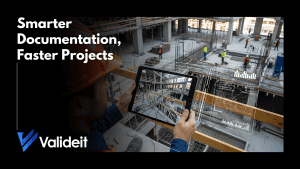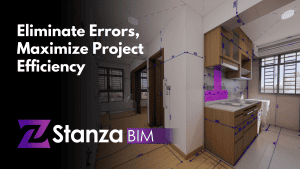The construction industry is undergoing a significant transformation, driven by technological advancements and the increasing adoption of Building Information Modeling (BIM). BIM offers numerous benefits, from enhanced project visualization to improved collaboration and efficiency. However, despite its potential, the integration of BIM into construction projects faces significant hurdles, particularly in workforce development. Key challenges include the lack of training facilities, a shortage of BIM specialists, and the need for comprehensive education programs. Addressing these challenges is crucial for the industry to leverage BIM’s capabilities fully.
One of the primary obstacles in developing a BIM workforce is the scarcity of training facilities. Many construction companies, especially small and medium-sized enterprises (SMEs), struggle to find accessible and affordable BIM training programs. This gap hinders the widespread adoption of BIM, as workers remain unfamiliar with the technology and its applications. Without adequate training, the potential benefits of BIM, such as increased accuracy and efficiency, remain untapped.

In addition to the need for more training facilities, there is a pronounced shortage of BIM specialists. As BIM technology evolves, the demand for skilled professionals to manage and implement BIM processes has skyrocketed. Unfortunately, the supply of such specialists has not kept pace with demand. This shortage impacts project timelines and quality as projects suffer from inadequate BIM expertise. The industry requires more trained professionals who can operate BIM software and understand its strategic application throughout the project lifecycle.
A comprehensive approach to BIM education and training is essential to overcome these challenges. This is where Stanza Technologies steps in with its BIM advisory and education programs. Stanza Technologies leverages its leaders, who have almost two decades of experience in the construction industry, to provide expert guidance and training. Their extensive industry knowledge ensures that the training is relevant, practical, and aligned with the latest industry standards.
Stanza Technologies’ BIM advisory service provides construction companies expert guidance on integrating BIM into their operations. This includes strategic planning, software selection, and process implementation. By leveraging their expertise, companies can develop a clear roadmap for BIM adoption, maximizing the benefits of this technology. The advisory service also helps companies identify specific training needs, ensuring their workforce is adequately prepared to utilize BIM effectively.
Furthermore, Stanza Technologies’ BIM education and training programs are designed to equip construction professionals with the necessary skills and knowledge. These programs cover a wide range of topics, from basic BIM concepts to advanced applications, ensuring that participants understand the technology comprehensively. The training is delivered through online modules, hands-on workshops, and real-world project simulations, providing a practical and immersive learning experience.
One of the standout features of Stanza Technologies’ training programs is their focus on continuous professional development. Recognizing that BIM technology is constantly evolving, the programs are designed to keep professionals updated with the latest advancements and best practices. This ensures that the workforce remains proficient and can leverage new features and functionalities as they emerge.
The construction industry’s ability to fully embrace BIM hinges on addressing workforce development challenges. The lack of training facilities and the shortage of BIM specialists are significant barriers that must be overcome. Stanza Technologies offers a robust solution through its BIM advisory and education programs, leveraging nearly two decades of industry experience to provide the necessary training and support to develop a skilled BIM workforce. By investing in comprehensive BIM education, construction companies can enhance project efficiency, improve collaboration, and stay competitive in a rapidly evolving industry.










